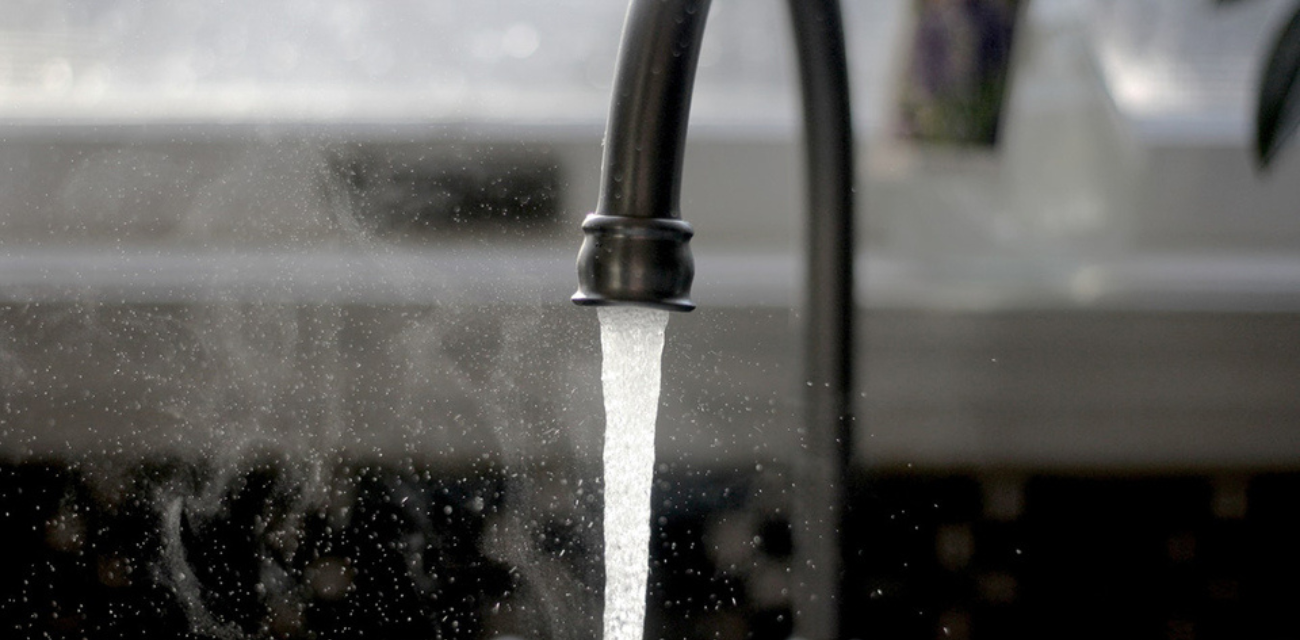How a water shutoff moratorium helps families across Michigan

Authored by
Connect With the Experts
When Gov. Gretchen Whitmer issued an emergency order March 28 requiring water be turned on and kept on in all Michigan homes, she did so to protect everyone’s health.
Clean, easily accessible water is essential for basic sanitation and is especially vital during a health pandemic. The Centers for Disease Control recommend frequent and thorough hand washing to keep people from contracting COVID-19 and spreading it to others.
But in October, the Michigan Supreme Court ruled Gov. Whitmer needed the Legislature’s approval for orders declared under the Emergency Powers of the Governor Act. Many past orders crumbled, including water shutoff protections.
In the weeks since that decision, some orders have been restored by the Legislature. That includes the water shutoff moratorium, made possible by Sen. Stephanie Chang’s Senate Bill 241, which codifies Gov. Whitmer’s executive order through March 2021.
It was signed by the governor Dec. 22 after passing the Senate 30-8 and the House 96-9 after weeks of pressure from Sen. Chang; health, justice and environmental organizations like MEC; and activists across the state. In December, the Environmental Council sent a letter with 20 other organizations encouraging the Legislature to take up the issue.
If Sen. Chang’s bill had not become law, people would have faced health threats again. They would have been punished for being unable to afford a high water rate during a recession. If they had lost water access, the risk of catching and spreading illnesses like COVID-19 would have risen.
Now, they can stay safe, healthy and stress-free for the time being.
Water insecurity is not an issue just for our biggest cities. Water insecurity is not defined by a place’s population size or demographics.
Take Alpena. The city of 10,000 has 305 households behind on water bills. About 22% were eligible for financial assistance. Each person inside those 305 households faces the effects of financial strain and looming health threats.
These numbers come from a Natural Resources Defense Council report, which used Michigan Department of Health and Human Services data. NRDC researchers found 317,631 households are behind on water bills. Only 27% qualify for assistance.
That includes white, suburban places like Chesterfield Township, where 1,545 households are behind on bills. That includes cities with strong diversity like Battle Creek, which has 11,091 households behind on bills. That includes small, rural communities, like Lake Linden in the Upper Peninsula, where 59 households are behind on payment.
Unfortunately, MDHHS could only gather data from water utilities that voluntarily provided data about their consumers. That means many more households than MDHHS has information on could be at risk of a water shutoff.
MDHHS also only considered families behind on water bills. Households whose residents are just able to scrape by while unemployed, underemployed, with a low income or on a fixed income are not considered.
When the Michigan Supreme Court struck down Gov. Whitmer’s emergency orders, many elected officials made clear they could finally work in partnership with the Governor. It appears they did on this front.
Now, with the safety of us all from COVID-19 and the health and financial protections of our most vulnerable in mind, we are thrilled to see water shutoffs temporarily stop. We look forward to expanding it.
Discover
Power environmental change today.
Your gift to the Michigan Environmental Council is a powerful investment in the air we breathe, our water and the places we love.
Sign up for environmental news & stories.
"*" indicates required fields




